German Minister of Economy and Climate Protection, Robert Habeck , has announced that his country will need to reduce gas consumption and use more coal plants for electricity generation to help fill natural gas storage facilities for next winter .
As Russia 's natural gas shipments to Europe continue to decline with the reduction of capacity at Nord Stream, Habeck said in a statement that additional gas-saving measures were taken to help fill Germany's gas storage facilities.
Habeck said Russia should limit its use of gas for electricity generation and prioritize natural gas storage facilities to compensate for the drop in supply from Russia, amid concerns that Russia will continue to cut back on natural gas.
Habeck, the former Co-Chair of the German Green Party, also emphasized that the country will have to increase the use of coal for electricity generation, despite Germany's plans to exit coal-fired electricity generation and against the principles of his party.
“We are creating an alternative gas reserve by law upon request. "This honestly means more coal-fired power plants for a transitional period."
Emphasizing that the situation in the gas market has deteriorated in recent days and that gas storage facilities can be filled, albeit at high prices, Habeck said, "The supply of gas is currently under guarantee, but the situation is serious. Therefore, we continue to strengthen the measures and take additional measures to reduce gas consumption. This causes further gas consumption. "This means less gas and more gas needs to be transferred to storage facilities. Otherwise, winter will be tough." made its assessment.
Habeck, arguing that the rise in natural gas prices in Europe is the strategy of Russian President Vladimir Putin to make themselves uneasy, divide and increase prices, and said, “We will not allow this. We respond decisively, fully and carefully.” said.
According to the statement of the German Ministry of Economy and Climate Protection, the German government is planning to increase the use of coal for electricity generation, as well as to limit household consumption and to implement a mechanism that will encourage the use of less natural gas in the industry.
The German government also aims to open an additional 15 billion Euro credit line from the German Development Bank (KfW) for Trading Hub Europe, the natural gas market area manager in the country, in order to avoid natural gas shortages in winter.
On the other hand, while the occupancy rate of natural gas storage facilities in Germany is currently at 57 percent, the German government aims to increase this rate to 90 percent by November 2022.
While it is seen that Germany is more dependent on Russian oil and natural gas than other European countries to turn the wheels in industry and to heat houses, the country met 55 percent of the natural gas it needed before the Russia-Ukraine war from Russia. Recently it has reduced that to 35 percent.
About half of the residences in Germany are heated with natural gas, which is used to generate electricity in heavy industry.
The German government, which is working hard to reduce its energy dependence on Russia, states that it needs time to become completely independent from Russian gas. The government opposes the immediate cessation of gas supplies from Russia, although it supports Western countries' sanctions against Moscow.
Gazprom continues to reduce gas deliveries to Europe via Nord Stream
Gazprom announced on June 14 that gas shipments via Nord Stream were reduced from 167 million cubic meters to 100 million cubic meters.
Nord Stream is known as one of the important lines carrying Russian gas to Europe, as well as the Yamal-Europe pipeline and the pipelines in Ukraine. In the previous statement made by the company, it was stated that shipments via Yamal-Europe were stopped, and shipments via Ukraine were reduced by about half.
On June 15, Gazprom pointed out that some of the technical equipment sent to the German Siemens company for maintenance had not yet returned, and warned that natural gas shipments to Europe via the Nord Stream pipeline would decrease by another 33 percent.
Gazprom reported that gas supply to the Nord Stream pipeline could be up to 67 million cubic meters per day as of June 16.
The Russian company has also previously stopped natural gas shipments to Poland, Bulgaria, Denmark, Finland and the Netherlands because they refused to pay in rubles.
Robert Habeck, German Minister of Economy and Climate Protection, described the interruption in natural gas shipments to Europe via the Nord Stream pipeline as "politically motivated" due to technical problems.
Germany has been subjected to intense criticism by the Washington administration in the past for its dependence on Russian energy resources.


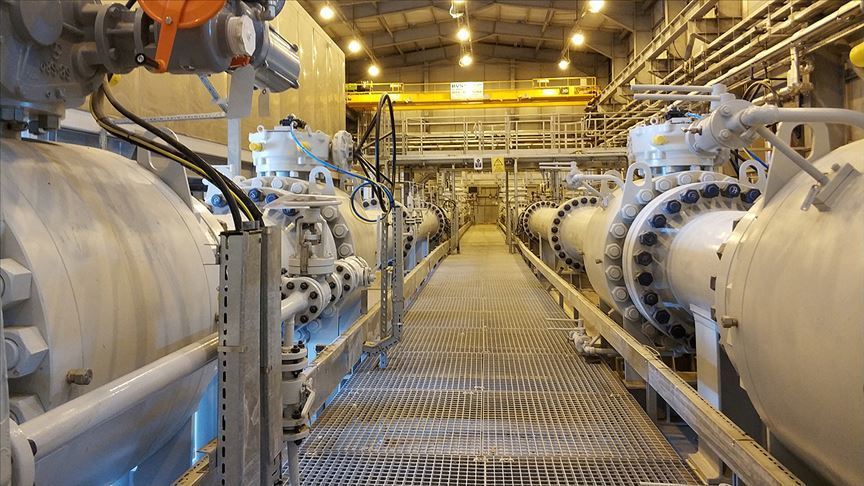

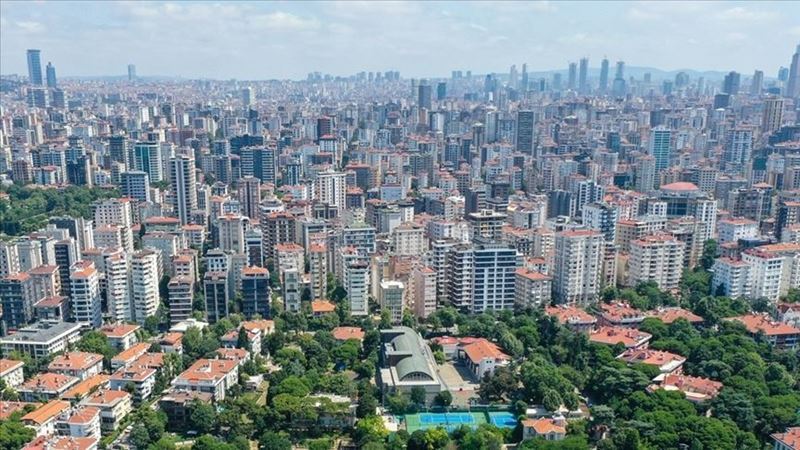
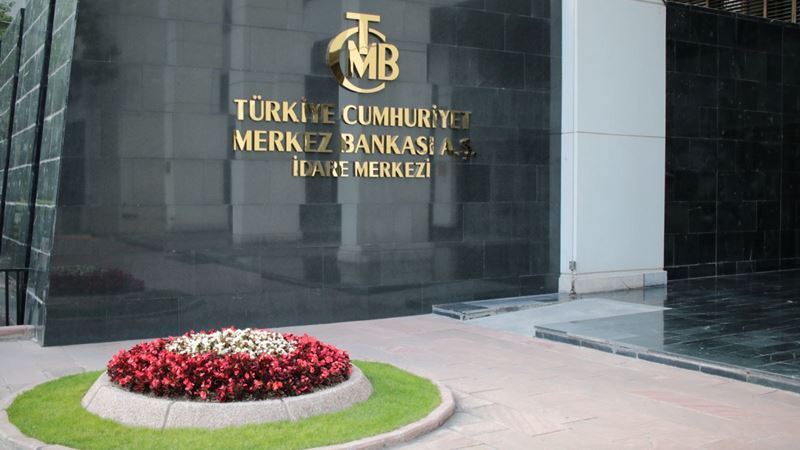
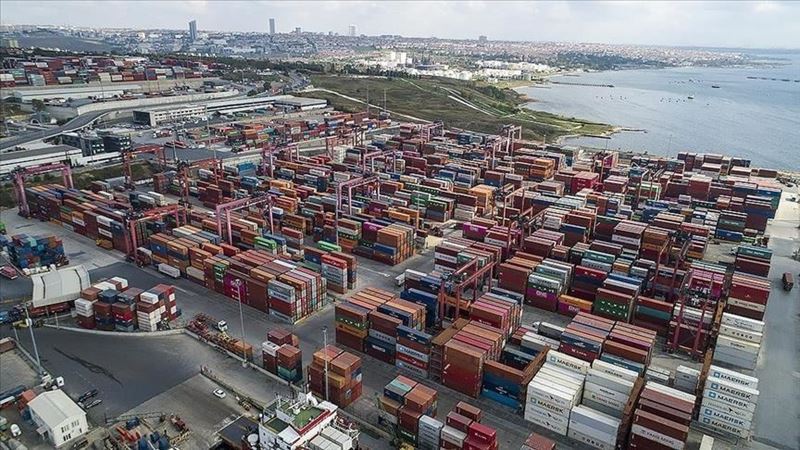
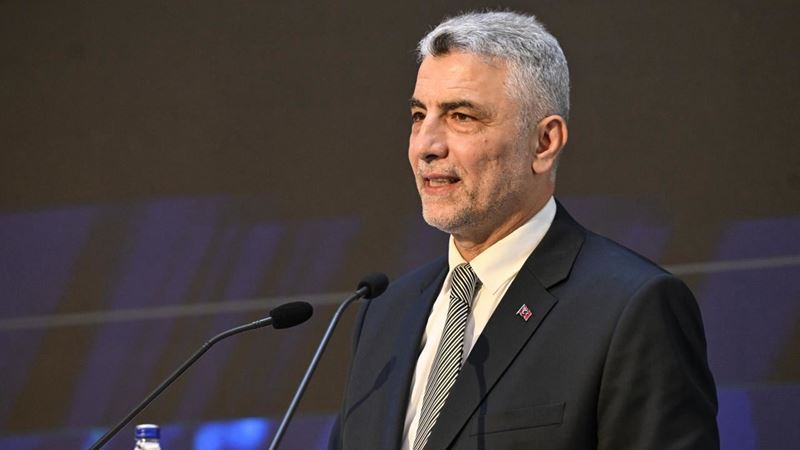
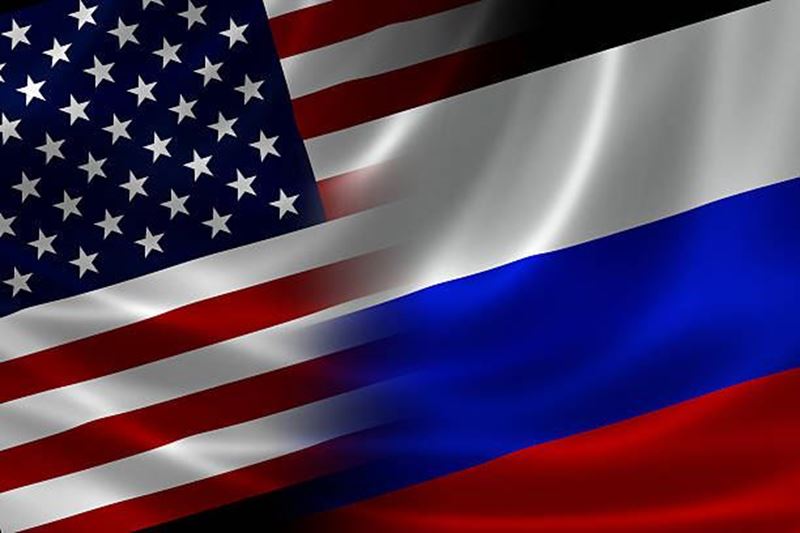


Comments
No comment yet.